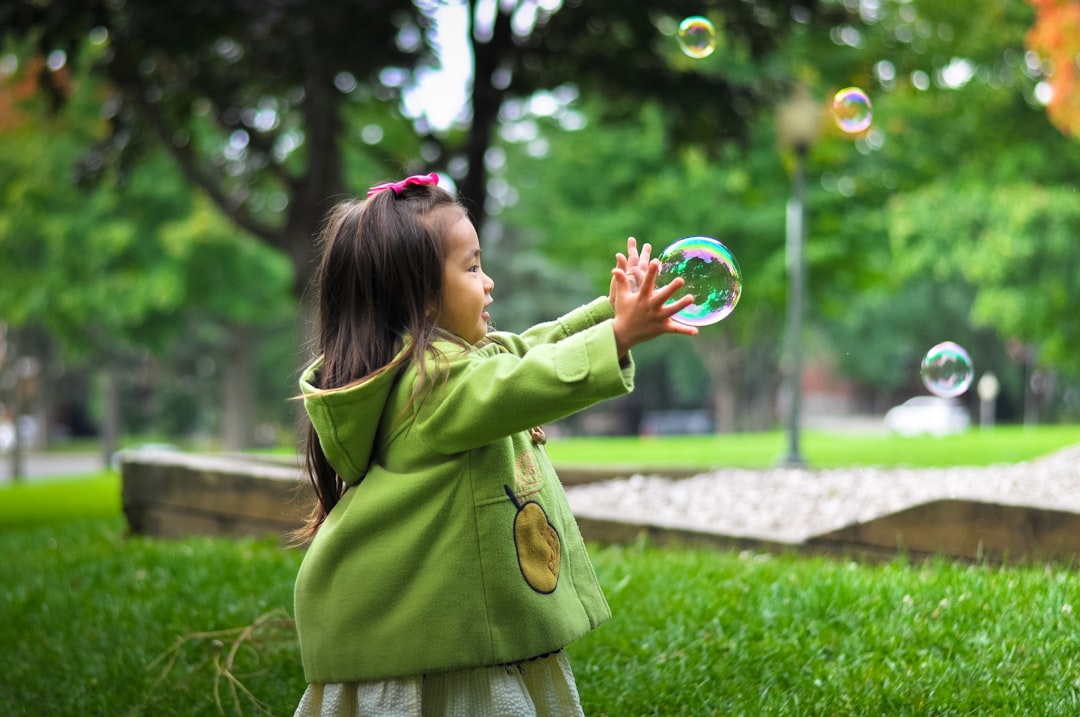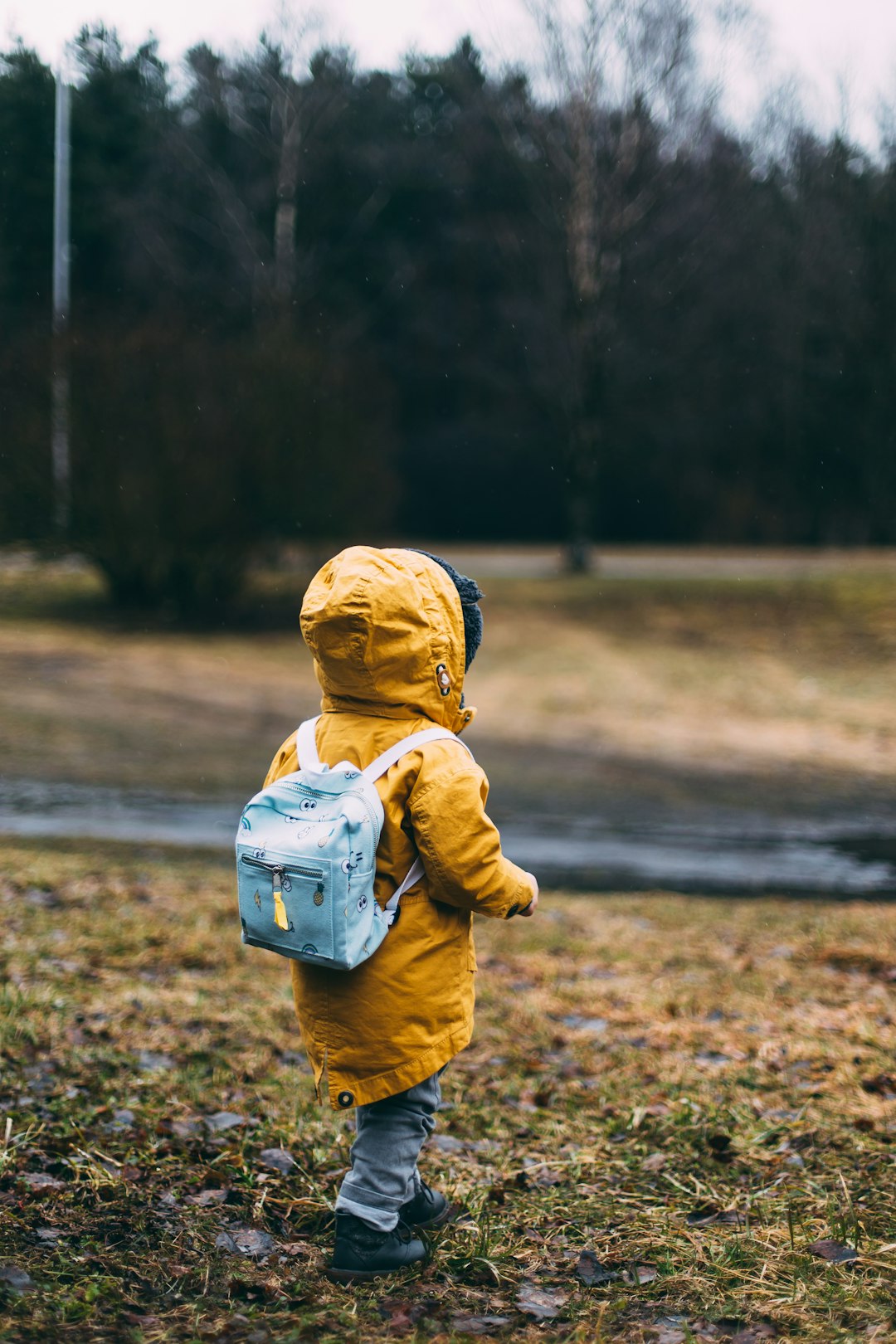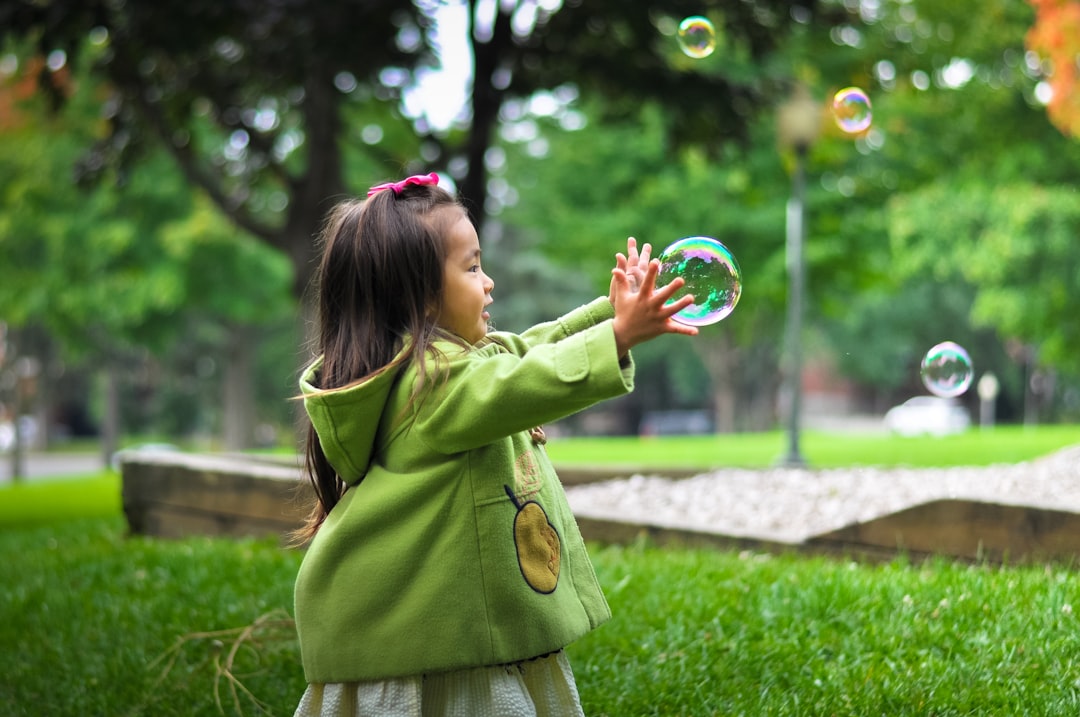In New Jersey, the protection of children’s rights is paramount. Understanding the state’s stringent child abuse laws is crucial for both parents and legal professionals alike. This article delves into the critical role a child abuse lawyer plays in safeguarding minors, detailing their expertise in navigating complex legal systems. We explore resources available to support affected children, emphasizing prevention and reporting mechanisms. By shedding light on these key aspects, we aim to empower individuals to defend and protect New Jersey’s most vulnerable residents.
Understanding Child Abuse Laws in New Jersey

In New Jersey, child abuse laws are designed to protect minors from any form of physical, emotional, or sexual harm. A child abuse lawyer in New Jersey plays a crucial role in upholding these laws and ensuring justice for victims. The state defines child abuse as any act or omission that causes harm or potential harm to a child’s health, welfare, or safety. This includes neglect, physical abuse, sexual abuse, and emotional maltreatment.
Understanding these laws is essential for both legal professionals and the general public. A child abuse lawyer in New Jersey helps interpret and enforce these regulations, providing guidance on what constitutes abuse and how to respond appropriately. They also offer support to victims and their families, assisting them in navigating the legal system and seeking necessary protections.
The Role of a Child Abuse Lawyer

In the complex landscape of child protection, a dedicated child abuse lawyer in New Jersey plays a pivotal role. These legal professionals are equipped to navigate the intricate web of laws and regulations designed to safeguard minors from harm. Their expertise lies in advocating for the rights of children, ensuring they receive the necessary support and justice when faced with abuse or neglect.
A child abuse lawyer in New Jersey investigates and presents cases involving various forms of maltreatment, including physical, emotional, and sexual abuse. They work closely with law enforcement, social services, and medical professionals to gather evidence and build strong legal strategies. Through their efforts, they can help secure protective orders, facilitate safe placements for children, and pursue criminal charges against perpetrators. Their presence serves as a powerful deterrent, holding abusers accountable and promoting a safer environment for New Jersey’s youth.
Protecting Children: Available Resources and Support

In the fight for protecting children’s rights, New Jersey offers a range of resources and support systems. One of the key components is the presence of dedicated child abuse lawyers who specialize in ensuring justice and safety for vulnerable kids. These legal professionals play a crucial role in navigating complex legal processes, providing guidance to families, and holding perpetrators accountable.
The state has established various organizations and hotlines, such as the New Jersey Division of Child Protection and Permanent Place, which offer immediate assistance and long-term care. These entities collaborate with child abuse lawyers to offer comprehensive support, including counseling services, emergency shelter, and legal advocacy, ensuring that children receive the help they need to heal and thrive.
Preventing and Reporting Child Abuse

In New Jersey, preventing and reporting child abuse is a collective responsibility. Recognizing the signs of abuse and taking prompt action can save lives. A child abuse lawyer in New Jersey emphasizes that any form of physical, emotional, or sexual abuse towards children is unacceptable and should be reported immediately to the appropriate authorities. Community members, caregivers, and educators play vital roles in identifying potential abuse by staying vigilant and reporting suspicious activities.
The state’s legal framework mandates strict procedures for reporting child abuse, ensuring that all claims are investigated thoroughly. A child abuse lawyer in New Jersey encourages citizens to familiarize themselves with these protocols, which include contacting local law enforcement or the Department of Children and Families (DCF). By acting swiftly, communities can protect vulnerable children and hold perpetrators accountable, fostering a safer environment for New Jersey’s youth.





